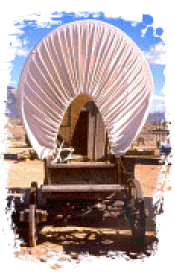Type of People Who Settled Here
"After
all the hardships and privations, we enjoyed life when we had enough to eat, and the
greatest friendship and harmony existed among neighbors. If one had provisions, he would
divide with his neighbors, almost to the last mouthful. We used to get together at some
public places and have meetings and parties. There was no distinctions or political parties among us; we were
one group struggling together." Christian Cackler, Ohio Settler, 1874.
Pioneers could not survive without helping
each other out in time of need. Hardships were common and they relied upon each other for
support. Some have portrayed the Ohio pioneer as being of superior stock, endowed with
qualities that evoke our admiration, while others have pictured them in a less favorable
light.
French traveler Michaux made this
comment in 1803: "More than half of those who inhabit the borders of the Ohio are
again the first inhabitants, or as they are called in the United States, the first
settlers, a kind of men who cannot settle upon the soil that they have cleared and who
under pretence of finding a better land, a more wholesome country, a better abundance of
game, push forward...such were the first inhabitants of Kentucky and Tennessee...It will
be the same with most of those who inhabit the borders of the Ohio. |
| This excerpt of a
letter written in 1940 tells of the move of a Deweese family from Miami County to Shelby
County, Ohio, ca. 1832. "...and moved his family in an old-fashioned wagon with
old style Virginia wagon-bed drawn by his two sturdy farm horses, Rock and Dick...The
wagon contained their household goods, farming utensils, grandfathers old trusty rifles
and grandmothers spinning wheel, etc. - a strange sight —high wheels of the wagon,
the harness on horses made of great wide straps. The distance was too great to be made in
one day, the condition of the road considered, and they were compelled to stop between
Lena and Palestine (now called Tawawa) for the night...and still 10 miles to go
through the woods. They were real pioneers - their home - a mere cabin (in) a great forest
with not a tree amiss except a few trees cut to form their house." |

|

